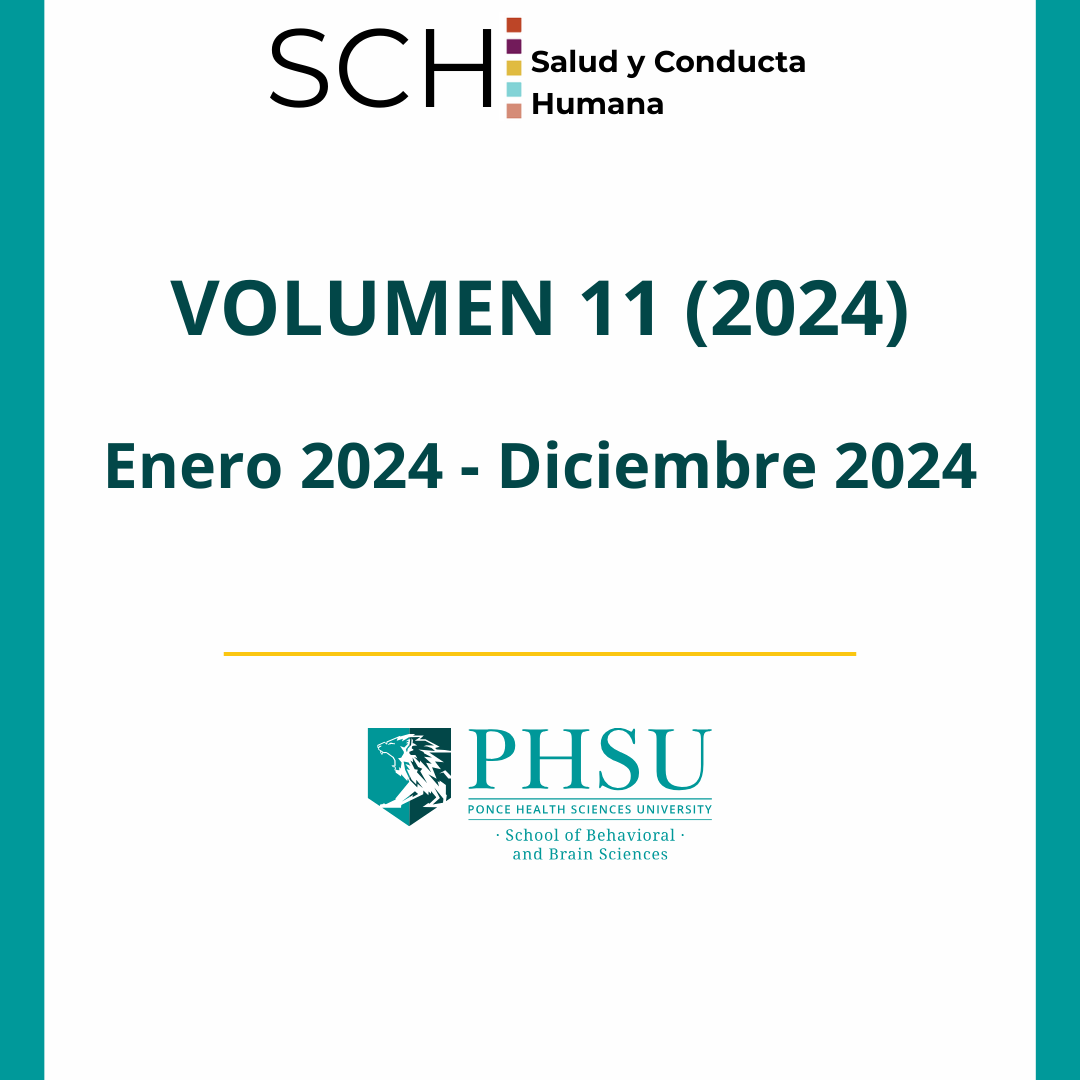Exploring the Relationship Between Chronic Stress, Ovarian Cancer, and Bone Marrow Remodeling via Hypothalamic Inputs
DOI:
https://doi.org/10.71332/png46v90Resumen
Ovarian cancer (OC) is one of the deadliest gynecologic malignancies, primarily due to a lack of early detection and prevention services. Studies show that prolonged exposure to stress leads to dysregulation of the immune response. It is suggested that the hypothalamus, a brain region involved in stress and immune responses, plays a role in this process via disruption of the Hypothalamic-Pituitary-Adrenal (HPA) axis. We hypothesize that chronic stress increases neuronal activity in the hypothalamus, causing disruptions in the HPA axis and promoting the accumulation of myeloid-derived suppressor cells (MDSCs) in the bone marrow, resulting in an immunosuppressive environment and ovarian tumor progression. Bone marrow samples from C57BL/6 mice injected with IG10Luc ovarian cancer cells and subjected to chronic restraint stress were evaluated by immunofluorescence staining assays (IFs) to determine the accumulation of MDSCs (CD11b+/Gr-1+) and synaptic terminals (synaptophysin and tyrosine hydroxylase [TH+]). Additionally, we analyzed hypothalamus samples to evaluate changes in neuronal activity (cFos+). Our studies show a significant decrease in the number of MDSCs in the bone marrow of tumor-bearing mice subjected to chronic stress. Additionally, confocal microscopy confirmed the presence of synaptic terminals in the bone marrow, although further studies are needed to assess the effect of chronic stress on this process. There was no significant difference in the levels of cFos expression in the hypothalamus between groups. Our data provides the foundation for exploring the role of the hypothalamus in modulating immune responses and bone marrow remodeling and identifying neuroimmunological markers to improve ovarian cancer outcomes.
Descargas
Descargas
Publicado
Número
Sección
Licencia
Derechos de autor 2025 Salud y Conducta Humana

Esta obra está bajo una licencia internacional Creative Commons Atribución 4.0.


